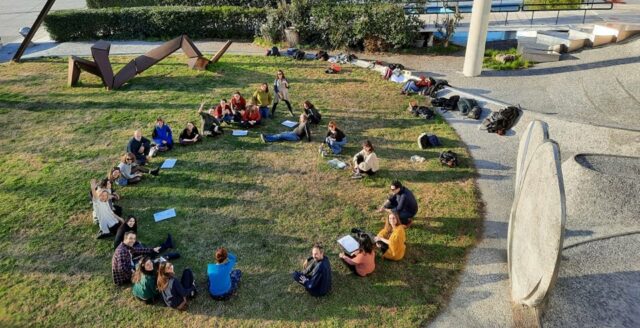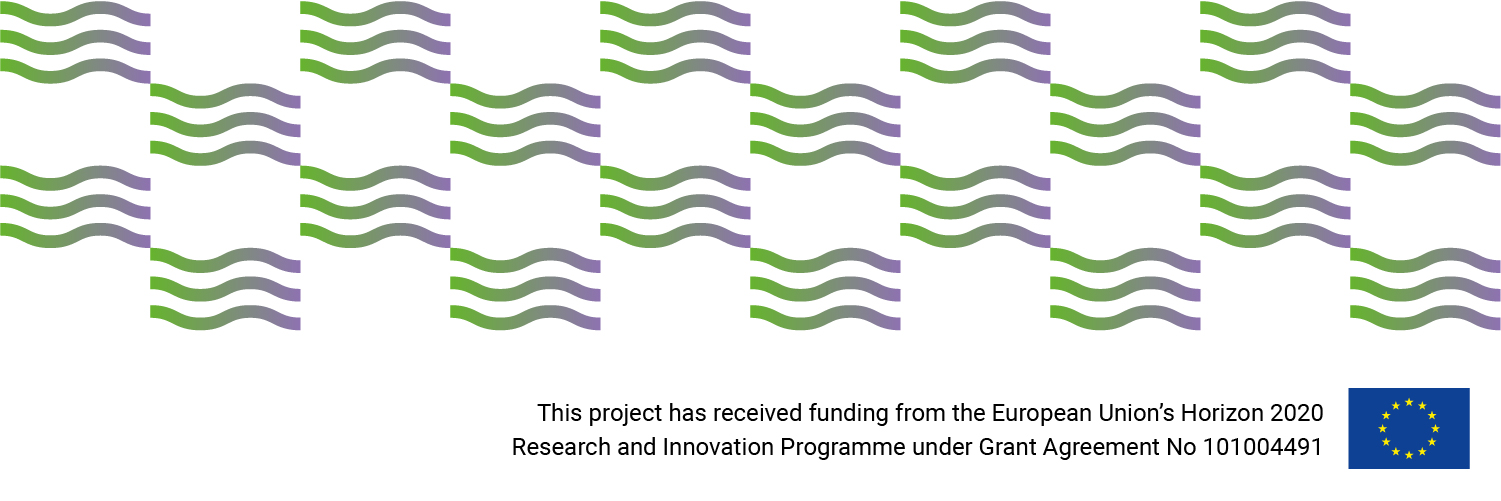
Call for papers
International Conference, SMOOTH (Horizon, 2020)
May 26‐28, 2023
University of Thessaly, Volos, Greece
Deadline: abstracts and panels: 15 February 2023
The EU-funded research project SMOOTH (Horizon2020) is organising an international conference to bring together researchers, practitioners, teachers, civil society organisations, activists, journalists, and policy-makers to discuss the challenges and opportunities of a commons-oriented education to reverse inequalities, to present good practices resulting from ongoing projects, and to inform political decision-making processes.
The conference critically draws out the implications of the commons for refiguring education, and for social change in general, on a footing of equality, sharing, participation, togetherness, caring, and freedom. It will address active social inclusion according to the ‘educational commons’, through a variety of methodologies such as pedagogical documentation, pedagogy of (active) listening, ethnography, discourse analysis, etc. ‘Educational commons’ refer to learning communities where decisions about the educational process are made collectively with equal participation in assemblies jointly by the teachers, learners and their guardians (when they are minors). The very practice of education and learning becomes a ‘common good or resource’ which is collectively shaped and managed by the members of the educational community in terms of equality, freedom, and participation. Moreover, proposals relating to the improvement and enrichment of educational policy are a key area of the conference. Furthermore, the discussion of the development of recognition tools and various practices or “languages” of evaluation of the learning outcomes of the commons are of equal importance.
Educational commons and active social inclusion
The educational commons concept relies on the idea of sharing space for collaboration, content creation, socialisation, governance, playing, and studying. The EU-funded SMOOTH project will focus on active social inclusion and examine if the educational commons can operate as a catalyst to inverse inequalities in education.
The project proposes an innovative action research programme engaging children and youth to reverse inequalities that children and youth of vulnerable social groups face. It will reinforce intercultural and intergenerational dialogue and social integration, develop essential social and personal skills for both children, youth, and adults, establish spaces of democratic citizenship, and build and support the community through differences. SMOOTH will also perform a cross-cutting and cross-disciplinary analysis of educational commons.
Objectives
SMOOTH intends to introduce the emergent paradigm of the ‘commons’ as an alternative value and action system in education for children and young people. The project critically draws out the implications of the commons for refiguring education and for social change in general, on a footing of equality, sharing, participation, togetherness, caring and freedom. The project will address social inclusion according to the ‘educational commons’, which we want to study if they can operate as a catalyst for reversing inequalities through various methods such as pedagogical documentation, pedagogy of active listening, ethnography, discourse analysis.
In particular, it proposes an innovative action research program with and by children to:
a. reverse inequalities faced by children from vulnerable social groups;
b. strengthen inter-cultural and inter-generational dialogue and social integration;
c. develop vital social and personal skills for the children and adults;
d. create smooth spaces of democratic citizenship and experimentation with new ways of thinking and doing based on equality, collaboration, collective creativity, sharing and caring;
e. build and foster community through differences.
Universities, research labs, municipalities, NGOs, museums, and youth organisations, in different countries will work interdisciplinary and interculturally together to achieve the above aims from the point of view of educational commons. Specifically, various case studies will be conducted in educational premises to reverse inequalities and achieve an active social exclusion for vulnerable children and youth. In short, a cross-cutting, cross-disciplinary analysis about the role of educational commons must be seen as crucial to provide policymakers new, innovative and more efficient tools for proposing new policies to better engage children and adults in developing a more secure and resilient economic, political and social model of Europe.



